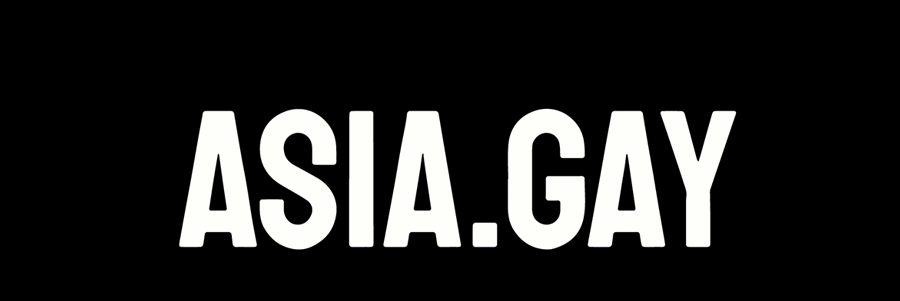
The greatest obstacles of best HIV treatment and prevention in Cebu, Philippines
What’s Stopping Us? The Biggest Obstacles to the Best HIV Treatment & Prevention in Cebu, Philippines
Cebu is more than just a vacation spot or BPO capital — it’s a growing, youthful, and diverse city where healthcare should be as vibrant as the culture.
And yet, when it comes to HIV treatment and prevention, there are still serious obstacles blocking progress. The science is ready. The meds are there. But why are we still falling behind?
Let’s break it down — Cebu-style.
Obstacle #1: Stigma Is Still the Loudest Voice
Even in a progressive city like Cebu, stigma around HIV is alive and well. It whispers things like:
- “Only certain people get HIV.”
- “What if someone sees me at a clinic?”
- “Better not know than be embarrassed.”
The result? People avoid testing, delay treatment, and suffer in silence — even when help is available right down the street.
Obstacle #2: Too Little Awareness, Too Many Myths
Sure, most Cebuanos have heard of HIV — but how much do we really know?
Still common:
- Believing HIV is a “death sentence” (it’s not — it's treatable for life!)
- Thinking PrEP is only for “high-risk” people (wrong — it’s for anyone who wants protection!)
- Confusing HIV with AIDS (not the same thing)
What Cebu needs? More education in schools, online, and in communities — the kind that’s real, non-preachy, and easy to understand.
Obstacle #3: Long Queues, Limited Clinics, and Scary Forms
Let’s be honest — nobody wants to go to a clinic that:
- Feels cold or judgmental
- Asks you 30 questions just to get tested
- Makes you wait all day with no privacy
For many in Cebu, public health clinics feel outdated and intimidating.
What we need more of? Modern, safe, friendly, walk-in options that respect your time and your identity.
Obstacle #4: “Hiya” Culture & Fear of Being Found Out
In tight-knit communities, fear of being recognized at a clinic is real. Add to that:
- Lack of discreet entry points
- No anonymous testing options
- Unclear confidentiality policies
And suddenly, it’s easier to just not go at all.
But healthcare should be about your health, not your reputation. That’s why more clinics in Cebu need to embrace anonymous testing, confidential consultations, and zero-judgment spaces.
Obstacle #5: Cost Concerns — Even When It’s Free
Even when services are subsidized or free, people worry:
- “Will I have to pay later?”
- “Are the meds expensive?”
- “Is private care out of reach?”
What’s missing? Transparent, accessible info about costs and affordable, inclusive clinics like PULSE CLINIC (Social Enterprise), a social enterprise offering high-quality HIV care without hidden fees or stigma.
So… What Would Better Look Like?
Imagine a Cebu where:
- Testing is fast, anonymous, and available 7 days a week
- Clinics feel more like cafés than cold hospitals
- PrEP and PEP are easy to get and explained in clear terms
People talk about sexual health as confidently as they talk about Jollibee
HIV is treated like what it is: a medical condition, not a moral failure
The Good News? It’s Already Starting
Organizations like PULSE CLINIC (Social Enterprise) are working to normalize sexual wellness and make zero-stigma HIV prevention and treatment a reality — not just in Manila and Clark, but increasingly for Cebuano communities too.
You can:
- Get tested without giving your full name
- Book online, privately
- Access PrEP, PEP, or ART with proper support
- Receive kind, LGBTQIA+ inclusive care
- Ask questions without judgment
The Bottom Line
HIV treatment and prevention in Cebu don’t need new technology — they need less fear, more access, and honest conversations.
If we can tear down stigma, spread real info, and make clinics friendly and private, Cebu can become a model city for HIV care in the Philippines.
Book online or walk in at PULSE CLINIC (Social Enterprise)
Start your journey to empowered sexual health today.
Contact us at pulseliving@pulse-clinic.com or via your preferred platform.
Because everyone deserves care that’s modern, human, and stigma-free. Especially in Cebu.
 Parnrawee Wadbua
Parnrawee Wadbua



